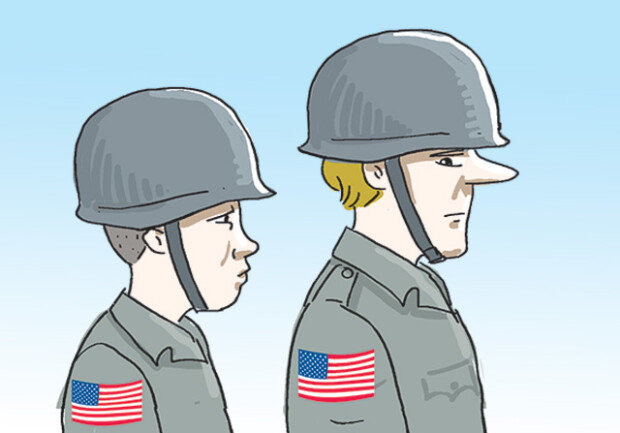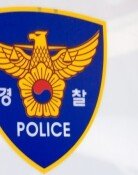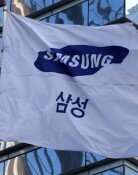Memories of American veterans of the Korean War
Memories of American veterans of the Korean War
Posted June. 02, 2020 07:44,
Updated June. 02, 2020 07:44

How one comes across in the eye of a foreigner sometimes offers new inspirations, but it also hurts at times. When this goes a little bit too far, it even triggers anger over racism. Most of the foreign soldiers who fought in the Korean War were Americans, and the records show that their first impression about Korean people was far from good. Many expressed admiration about the industriousness, brightness, dedication and braveness of Koreans while others still uttered comments that will make you feel uncomfortable. Whether such negativity is merely a prejudice derived from white supremacy or orientalism or a candid expression of their opinion remains unclear. To be fair, the soldiers must have simply shared the feelings they got in the middle of war, the state of constant emergencies, without giving much thought to the circumstances Koreans were under. The job of such analysis must be taken by Koreans as we know about ourselves better than they do. What is needed is an unflinching look into reality, rather than anger or excuses.
In fact, many of those who gave negative opinions about Korean military were favorable and expressed their respects to the individual Korean soldier they encountered. An American man who fought in the Battle of Chosin Reservoir complained Korean forces were not helpful, but they gave the impression to a KATUSA soldier that Korean men are true warriors. Individually, Korean soldiers were esteemed, but as a group, they were held in low regard. There were good reasons, of course. Korean military couldn’t compare with their American allies in terms of armor and supplies. Internally, the nation suffered a lack of trust in the government, military and commanders. Weathering through the war, Korean military recovered trust, which boosted their military capabilities fast.
The trust here doesn’t necessarily denote emotional reassurance or camaraderie. There is no nation, military or organization fully insulated from complaints and conflicts. The role of trust is to minimize such friction to shirk a bigger risk and get the due credit. Currently, Korean society is going backward. The country is fomenting conflicts, and the people are splitting themselves in two and browbeating one another. Can we afford this hubris as we’ve become a stronger nation than we were during the war? The answer is “no,” and our history clearly attests to it.







